Summaries of books about Biology:
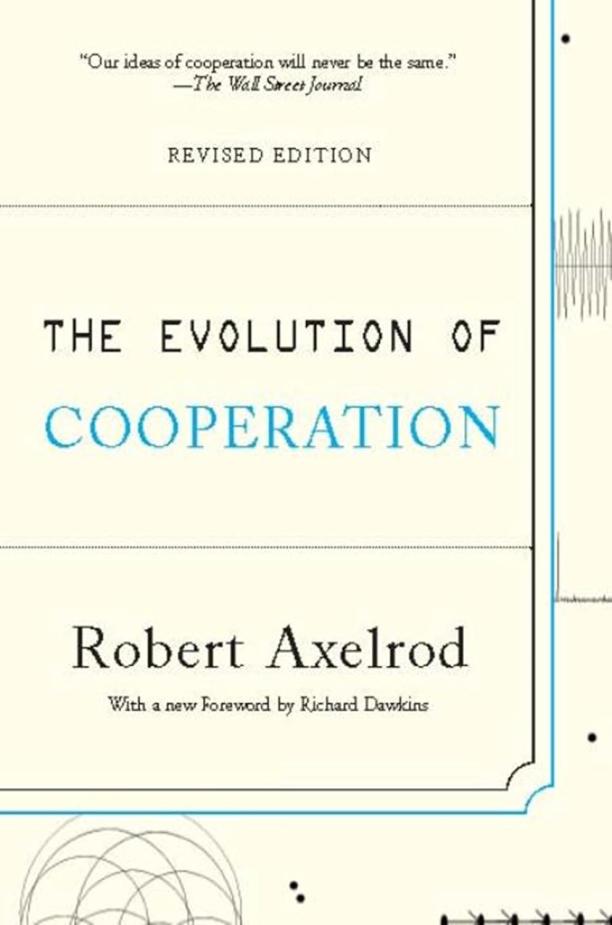
The Evolution of Cooperation
Revised Edition
Robert Axelrod
The book explores how cooperation can emerge in a world of self-interested entities through the lens of the iterated Prisoner's Dilemma game, demonstrating that strategies based on reciprocity can lead to stable and mutually beneficial partnerships. It combines interdisciplinary research, computer-simulated tournaments, and case studies to illustrate the conditions under which cooperation can evolve and be sustained.
See full summary
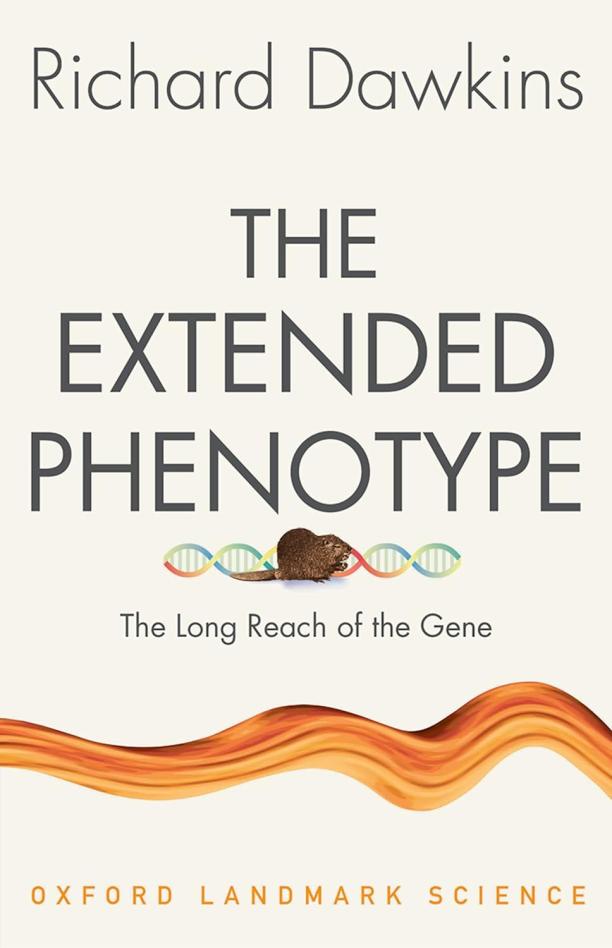
The Extended Phenotype
The Long Reach of the Gene
Richard Dawkins
The book explores the concept that a gene's influence extends beyond the organism's body to affect the environment and other organisms, arguing that genes control not just the development of the individual but also have far-reaching effects on behavior and physical structures in the world. It challenges traditional views of evolution by proposing that genes are the primary unit of natural selection, shaping not just organisms but also their interactions and ecosystems.
See full summary

Good Reasons for Bad Feelings
Insights from the Frontier of Evolutionary Psychiatry
Randolph M. Nesse
The book explores the application of evolutionary theory to understand why mental disorders persist despite their apparent disadvantages, suggesting that certain traits causing these disorders may have had evolutionary advantages. It delves into the origins of emotions and mental illnesses, proposing that understanding their evolutionary background can lead to better treatment approaches.
See full summary

How to Prevent the Next Pandemic
Bill Gates
The book offers insights into the lessons learned from the COVID-19 pandemic and proposes strategies to strengthen global health systems to avert future pandemics. It emphasizes the importance of investments in medical research, global surveillance, and health infrastructure to ensure rapid response to emerging infectious diseases.
See full summary
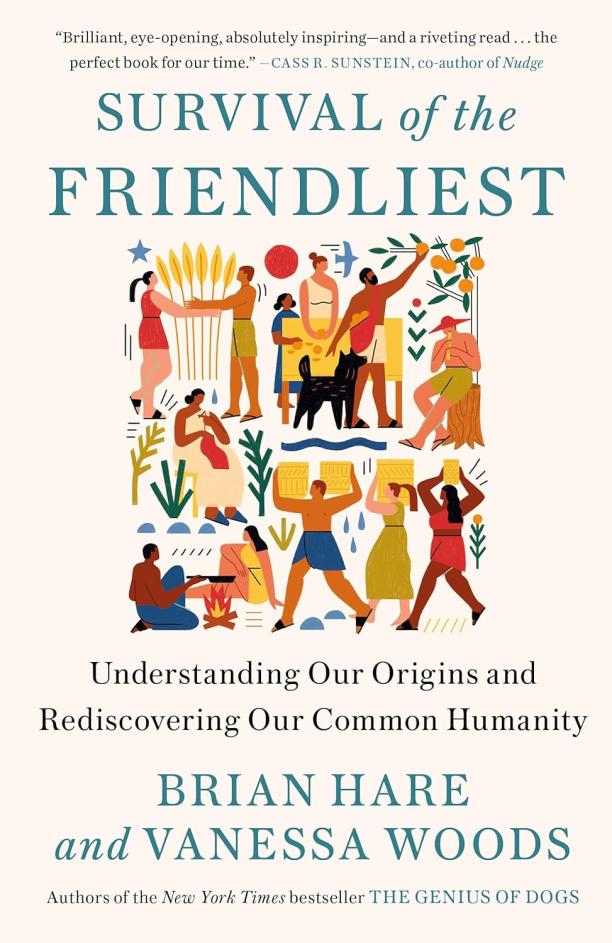
Survival of the Friendliest
Understanding Our Origins and Rediscovering Our Common Humanity
Brian Hare|Vanessa Woods
The book explores the evolutionary argument that friendliness and cooperative communication have been key drivers in human survival and success, rather than aggression and competition. It delves into how these traits have shaped our social evolution and how understanding this aspect of our nature can help address modern challenges and foster a more compassionate society.
See full summary

Extra Life
A Short History of Living Longer
Steven Johnson
The book explores the remarkable advancements in science and public health that have significantly extended the human lifespan over the past century. It delves into the stories behind innovations such as vaccines, antibiotics, and improved hygiene, highlighting the impact of these breakthroughs on society and individual lives.
See full summary
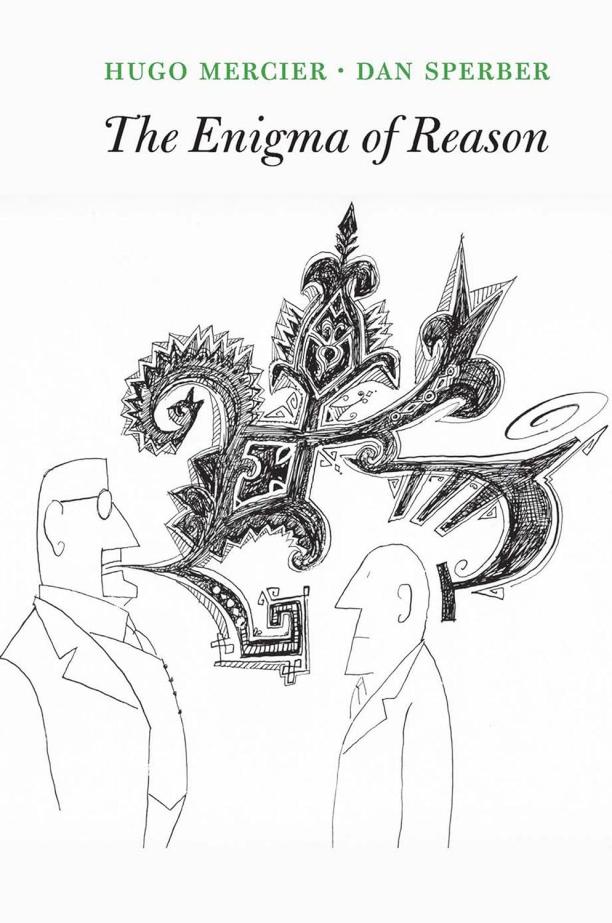
The Enigma of Reason
Hugo Mercier|Dan Sperber
The book presents a new theory of human reason, arguing that it evolved not to enable solitary reflection but to facilitate social interaction and communication. It suggests that reasoning contributes to argumentation and is more effective when used in collaborative contexts rather than in individual cognition.
See full summary

The Seven Sins of Memory
How the Mind Forgets and Remembers
Daniel L. Schacter
The book explores seven common memory failures, ranging from absent-mindedness to persistence, and discusses how these errors are actually byproducts of features that serve the cognitive system well in other contexts. It integrates psychological research and everyday experiences to demonstrate how memory shapes our lives and is intertwined with the essence of who we are.
See full summary
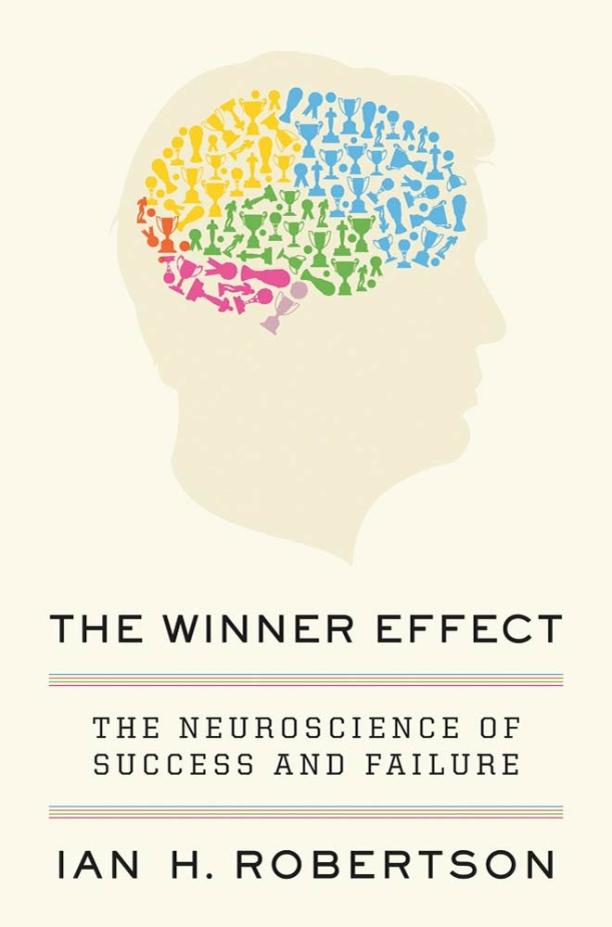
The Winner Effect
The Neuroscience of Success and Failure
Ian H. Robertson
The book explores how success changes the chemistry of the brain, enhancing certain cognitive functions and behaviors, and how this biochemical self-reinforcement can lead to a cycle of success. It also discusses the potential for negative consequences, such as hubris and the impact of failure on the brain's neurochemistry.
See full summary
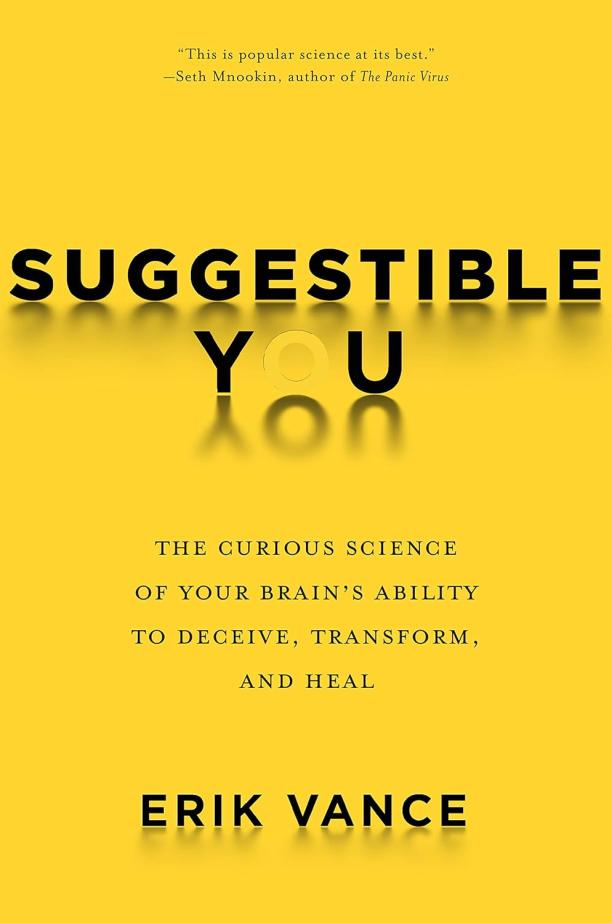
Suggestible You
The Curious Science of Your Brain's Ability to Deceive, Transform, and Heal
Erik Vance
The book explores the science behind the human brain's capacity for suggestion, including placebos, hypnosis, and false memories. It delves into how beliefs and expectations can shape our perceptions and physical health, revealing the brain's powerful ability to influence our reality and well-being.
See full summary